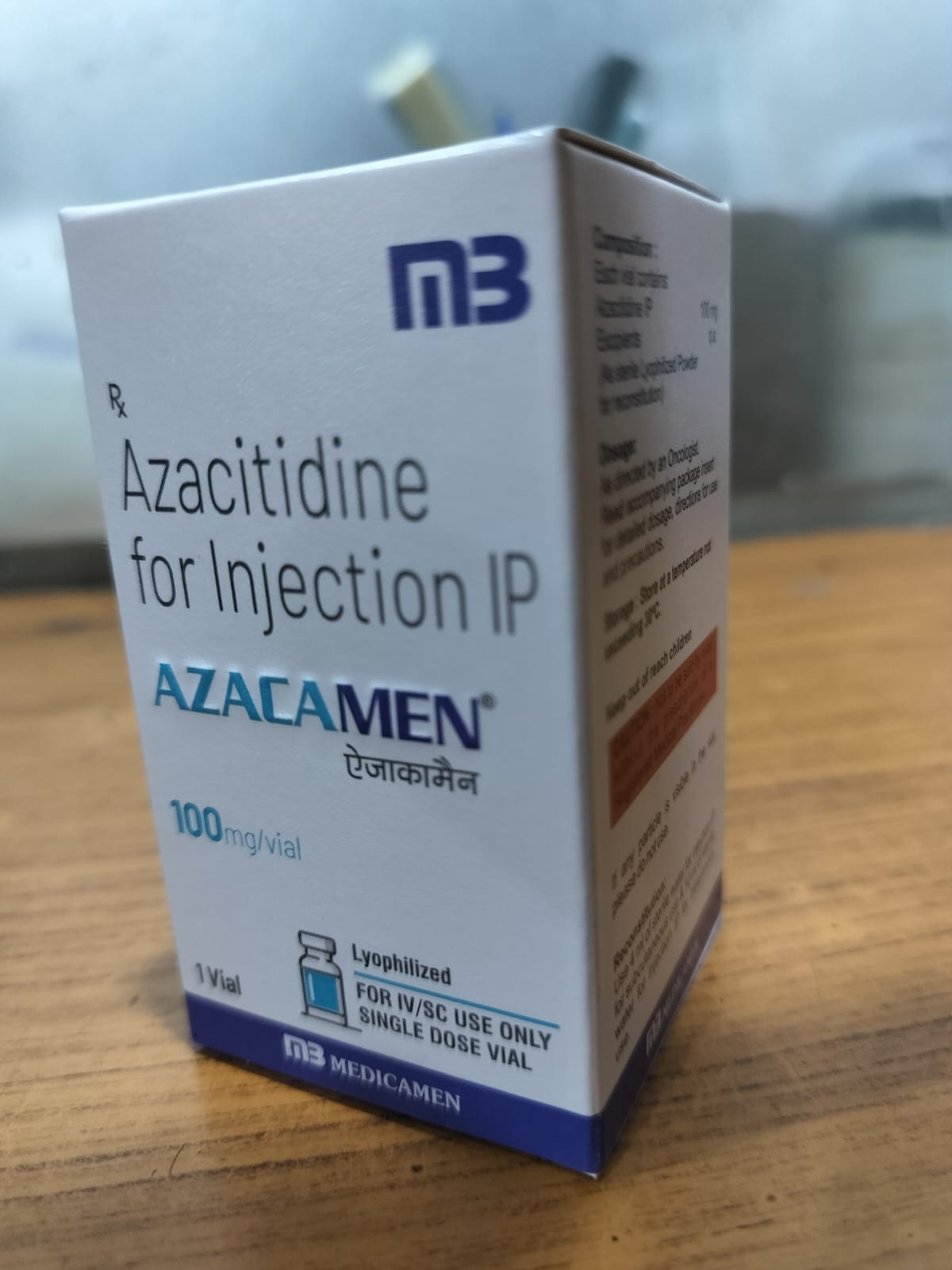- Home
- About Us
-
Categories
- Anti Cancer Injection
- Anti Cancer Capsule
- Anti Cancer Tablet
-
Other Important Drugs
- Biqol 500ml - Benzydamine Hydmchloride Mouth Wash
- Biqol Xero 100ml - Saliva Supplement (Mouth Spray)
- Immutide Forte Capsules - Graviola Fruit Extract, Lycopene, Omega-3 Fatty Acids, Green Tea Extract, L-Lysine, Vitamins, Minerals, Antioxidants
- Picasa 40mg - Posaconazole Oral Suspension
- Radiasoft 100g - Radiation Repair Formula (Gel Cream)
- View All
- View All
- Blog
- Contact Us
- Prescription
- Anti-Cancer Medicine
- Pay Now
- Our Reviews


